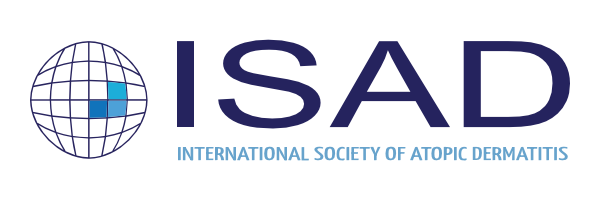Everything you ever wanted to know about TSW in 3 questions and 3 points.
What is Topical Steroid Withdrawal (TSW)?
Topical corticosteroids (TCS) are one of the most effective treatments for atopic dermatitis (eczema). However, in recent years, concerns about a condition called topical steroid withdrawal (TSW) have spread widely on social media. While it’s important to acknowledge patient experiences, it’s equally important to share what medical research and expert care teams know.
What Is Topical Steroid Withdrawal (TSW)?
TSW refers to a group of skin symptoms—such as redness, burning, or flaking—that some people report after stopping strong steroid creams. These symptoms can look severe, but they are very rare when TCS are used appropriately under medical supervision.
What Causes TSW?
TSW is more likely to occur when:
- Strong steroid creams are used for long periods without breaks.
- Steroids are applied to sensitive areas such as the face, skin folds, or genitals.
- Patients use over-the-counter creams or products that contain steroids without a doctor’s advice.
- Treatment is abruptly stopped instead of being carefully tapered.
Unfortunately, many people are unaware they’re using steroids incorrectly. This happens more often when patients follow advice from social media or friends rather than consulting a dermatologist.
Good News: TSW Is Preventable
For people with eczema, TSW is not a common outcome when treatment is handled the right way:
- Doctors prescribe the right strength of steroid, for the right amount of time, and on safe areas of the skin.
- Follow-up visits help track improvement and adjust treatment as needed.
- Newer treatments in patients with severe disease can help reduce long-term steroid use.
Protecting Your Skin: What You Can Do
- Don’t be afraid of steroid creams when they are used properly. They can relieve itching and inflammation and improve quality of life.
- Talk to your doctor before stopping or changing any treatment. Suddenly stopping strong creams can make eczema flare up.
- Avoid long-term use of strong steroids on delicate skin areas unless specifically advised by your doctor.
- Be cautious with information online. Not all advice from social media is medically sound.
Our Commitment
We understand that TSW is possible, real and distressing for those who experience it. At the same time, it is crucial to distinguish between uncontrolled eczema and true TSW, which is rare. The best outcomes happen when patients and doctors work together with trust, education, and ongoing care.


